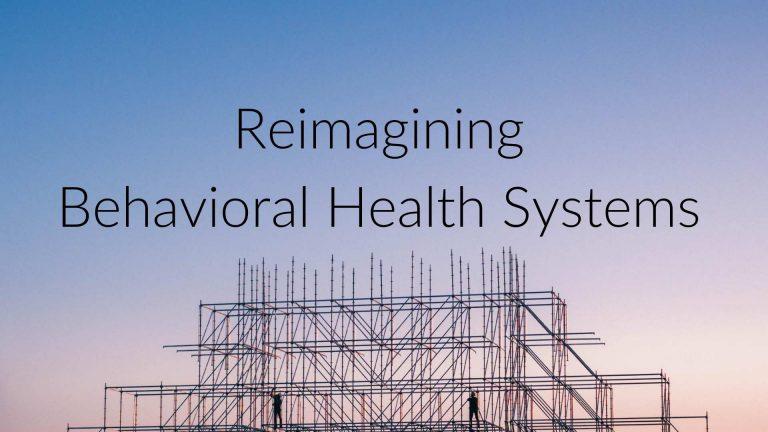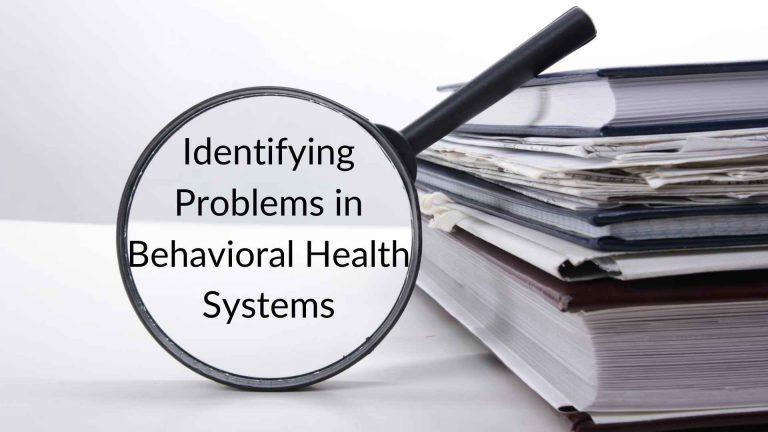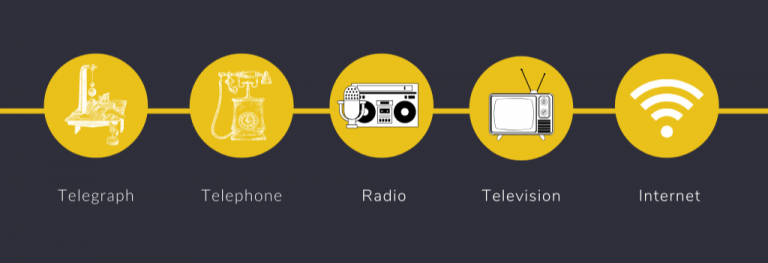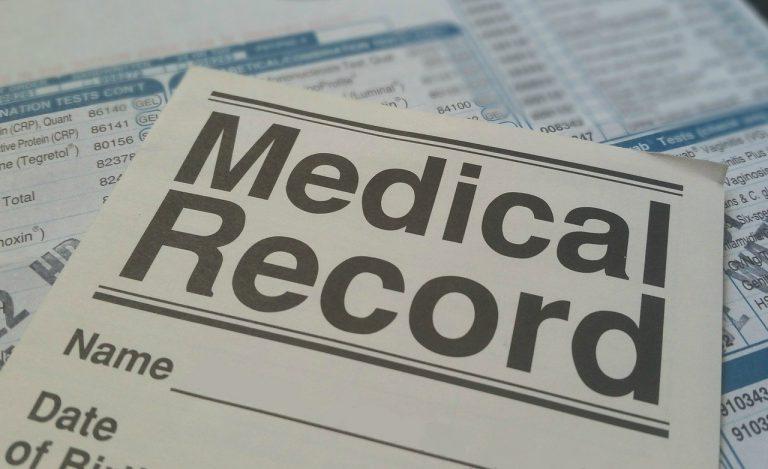
Reimagining The Delivery of Behavioral Health
Behavioral health’s traditional care delivery systems are flawed. Learn more about what behavioral health professionals must do to transform our systems.
Welcome to the Sigmund Pulse — we are so glad you made it!
At Sigmund Software, we strive to keep our finger on the pulse of all things EHR and Behavioral Health. Here you will find the latest blogs and news on mental health and addiction treatment, EHR software, and industry developments.

Behavioral health’s traditional care delivery systems are flawed. Learn more about what behavioral health professionals must do to transform our systems.

Behavioral health’s care delivery systems are flawed. Learn more on how these systems are failing both behavioral health organizations and their patients.

Recovery Capital is an addiction treatment method that focuses on sustaining recovery. Learn which EHR features you need to deliver this treatment to your patients.

Recovery Capital is a unique addiction treatment system that helps patients achieve and sustain recovery. Learn more about this patient-centered concept.

Does telehealth seem too new to trust? Think again. Telemedicine has been developing for centuries. Read a timeline of the technology’s long history here.

Here are 8 Zoom security issues that you should know about. Learn how the video conferencing service failed to protect its users’ privacy since COVID-19.

Are your patients asking for virtual care? Learn what the sudden increase in telehealth demand means for paper-based care providers.

Eating disorders require highly specialized and individualized treatment. Learn how to approach eating disorder treatment effectively and compassionately.

Wondering how wearable technology is being used in behavioral health and addiction treatment? Here is the latest in how wearable tech improves patient care.

Art therapy continues to do meaningful, misunderstood work. Here are some key points art therapists wish more people knew.
"*" indicates required fields